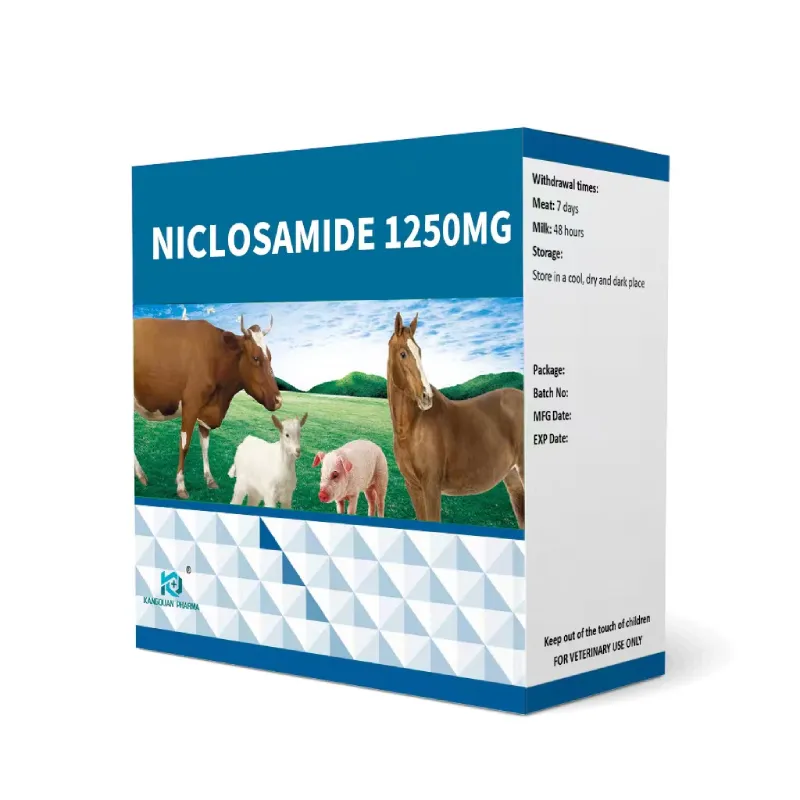- Afrikaans
- Albanian
- Amharic
- Arabic
- Armenian
- Azerbaijani
- Basque
- Belarusian
- Bengali
- Bosnian
- Bulgarian
- Catalan
- Cebuano
- Corsican
- Croatian
- Czech
- Danish
- Dutch
- English
- Esperanto
- Estonian
- Finnish
- French
- Frisian
- Galician
- Georgian
- German
- Greek
- Gujarati
- Haitian Creole
- hausa
- hawaiian
- Hebrew
- Hindi
- Miao
- Hungarian
- Icelandic
- igbo
- Indonesian
- irish
- Italian
- Japanese
- Javanese
- Kannada
- kazakh
- Khmer
- Rwandese
- Korean
- Kurdish
- Kyrgyz
- Lao
- Latin
- Latvian
- Lithuanian
- Luxembourgish
- Macedonian
- Malgashi
- Malay
- Malayalam
- Maltese
- Maori
- Marathi
- Mongolian
- Myanmar
- Nepali
- Norwegian
- Norwegian
- Occitan
- Pashto
- Persian
- Polish
- Portuguese
- Punjabi
- Romanian
- Russian
- Samoan
- Scottish Gaelic
- Serbian
- Sesotho
- Shona
- Sindhi
- Sinhala
- Slovak
- Slovenian
- Somali
- Spanish
- Sundanese
- Swahili
- Swedish
- Tagalog
- Tajik
- Tamil
- Tatar
- Telugu
- Thai
- Turkish
- Turkmen
- Ukrainian
- Urdu
- Uighur
- Uzbek
- Vietnamese
- Welsh
- Bantu
- Yiddish
- Yoruba
- Zulu
Dek . 12, 2024 10:51 Back to list
amoxicillin injection for veterinary use
Amoxicillin Injection for Veterinary Use An Overview
Amoxicillin is a widely used antibiotic in both human and veterinary medicine. As a member of the penicillin family, it is selectively effective against a variety of bacterial infections and is therefore a common choice among veterinarians for treating infections in animals. This article will explore the uses, benefits, and considerations of using amoxicillin injection in veterinary practice.
What is Amoxicillin?
Amoxicillin is a semi-synthetic antibiotic derived from penicillin. It is effective against a range of gram-positive bacteria and some gram-negative bacteria, making it a versatile option for treating infections. In veterinary medicine, it is available in various forms, including tablets, capsules, and more critically, injectable solutions. The injectable form is particularly advantageous in cases where rapid absorption is necessary or when the patient is unable to take oral medications.
Uses of Amoxicillin Injection in Veterinary Medicine
Amoxicillin injection is typically employed to treat various bacterial infections in animals, including
1. Respiratory Infections Conditions such as pneumonia or bronchitis often respond well to amoxicillin, as it can quickly target the bacteria causing these ailments.
2. Skin and Soft Tissue Infections Due to its effectiveness against common skin pathogens, amoxicillin can be used to treat abscesses, cellulitis, and other localized infections.
3. Urinary Tract Infections The antibiotic can address infections of the urinary tract, which are common in cats and dogs.
4. Post-Surgical Infections Following surgery, animals may be at risk for infection. Amoxicillin can be administered prophylactically to reduce this risk.
5. Gastrointestinal Infections In some cases, it may also be useful in treating gastroenteritis and other gastrointestinal bacterial infections.
Advantages of Amoxicillin Injection
amoxicillin injection for veterinary use

The injectable form of amoxicillin offers several benefits in veterinary care
- Rapid Action Injections allow for quicker absorption and faster action compared to oral medications. This is crucial in acute situations where immediate treatment is required.
- Easier Administration For animals that are reluctant to eat or have gastrointestinal issues, injections are a viable alternative to deliver the medication effectively.
- Higher Bioavailability Injectable antibiotics bypass the digestive system, ensuring that a higher proportion of the medication enters the bloodstream, providing more effective treatment.
Considerations and Precautions
While amoxicillin is generally safe for use in animals, certain considerations should be taken into account
- Allergic Reactions Some animals may have allergies to penicillins, leading to potential adverse reactions. It is crucial to take a thorough medical history before administration.
- Dosage and Duration The specific dosage and treatment duration should be carefully calculated based on the species, weight, and severity of the infection. Overuse or incorrect dosing can contribute to antibiotic resistance.
- Side Effects While uncommon, side effects such as diarrhea, vomiting, or loss of appetite may occur. Monitoring the animal for any adverse reactions during treatment is essential.
- Drug Interactions Amoxicillin can interact with other medications, so it's important to inform the veterinarian of all drugs the animal is currently taking.
Conclusion
Amoxicillin injection plays a vital role in veterinary medicine, providing an essential tool for treating various bacterial infections in animals. Its rapid action and ease of administration make it an invaluable option for veterinarians under numerous circumstances. However, as with any medication, responsible use, including consideration of potential side effects and dosages, is crucial for ensuring the safety and well-being of animal patients. As antibiotic resistance continues to be a growing concern in both human and veterinary medicine, practitioners must remain vigilant and use antibiotics judiciously to maintain their effectiveness for future generations.
-
Guide to Oxytetracycline Injection
NewsMar.27,2025
-
Guide to Colistin Sulphate
NewsMar.27,2025
-
Gentamicin Sulfate: Uses, Price, And Key Information
NewsMar.27,2025
-
Enrofloxacin Injection: Uses, Price, And Supplier Information
NewsMar.27,2025
-
Dexamethasone Sodium Phosphate Injection: Uses, Price, And Key Information
NewsMar.27,2025
-
Albendazole Tablet: Uses, Dosage, Cost, And Key Information
NewsMar.27,2025













